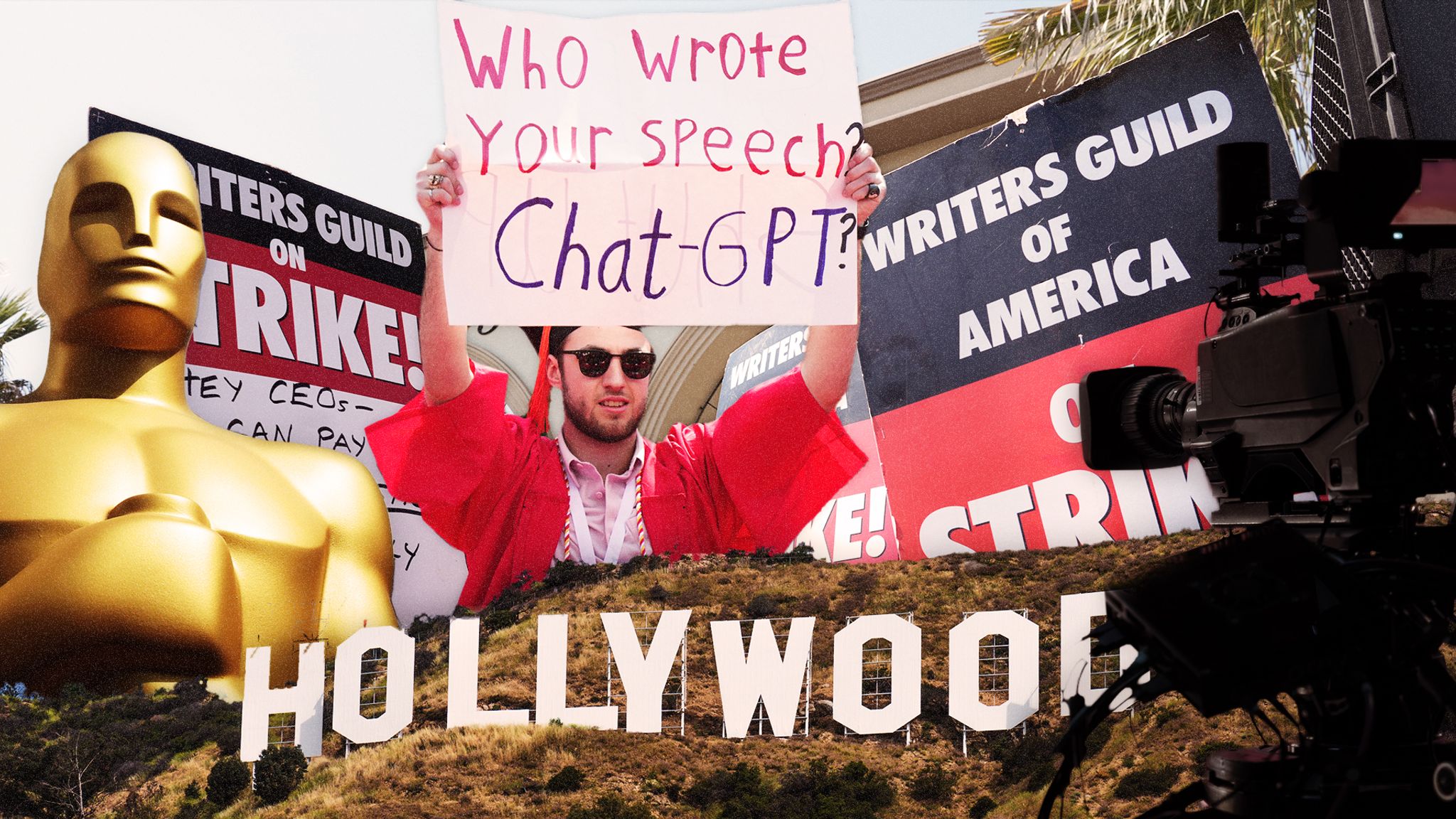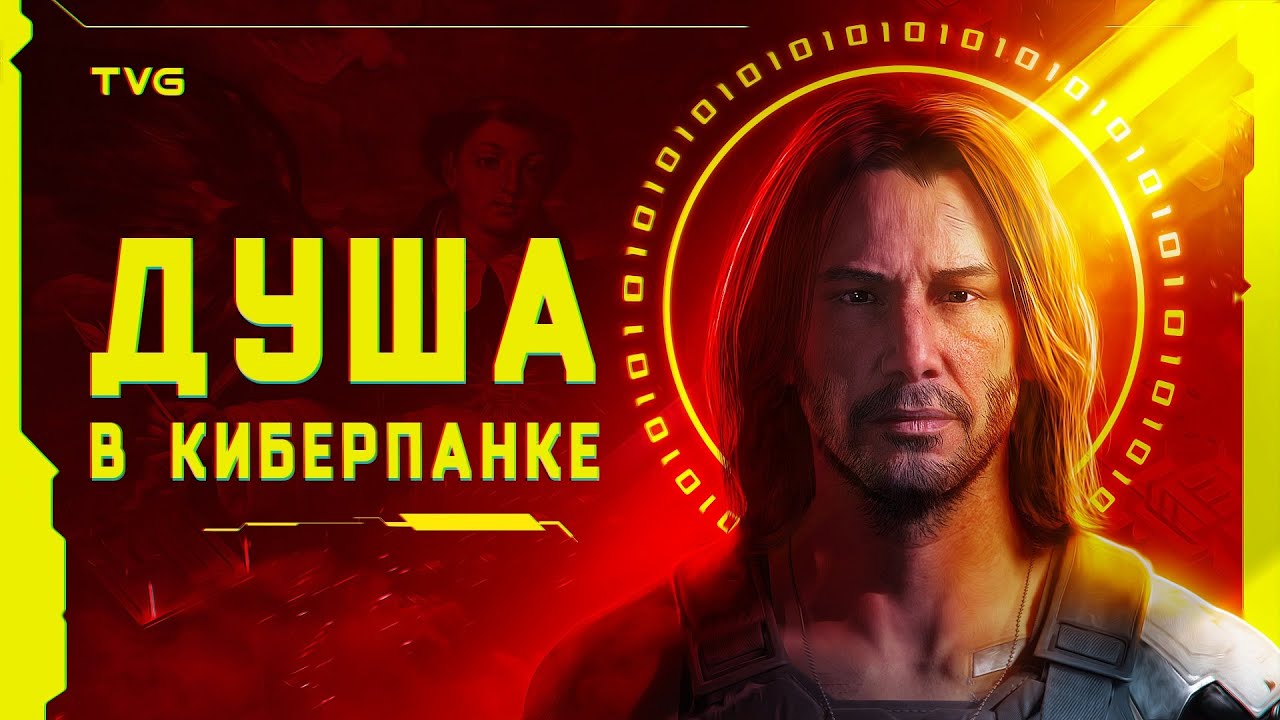The Hollywood Strike: Understanding The Actors' And Writers' Demands

Table of Contents
Fair Compensation and Residuals in the Streaming Era
The rise of streaming platforms like Netflix, Disney+, and Hulu has drastically altered the revenue models for actors and writers. Traditional residuals, payments made to actors and writers for repeat broadcasts of their work on television and in theaters, have been significantly diminished in the streaming era. This shift has created a substantial disparity between the profitability of streaming services and the compensation received by those who create the content. The Hollywood strike is largely a response to this imbalance.
-
Demand for increased transparency in streaming revenue calculations: The current lack of transparency makes it difficult for actors and writers to understand how streaming services generate revenue and how that revenue is distributed. The unions are demanding greater openness and accountability in this area.
-
Negotiations for fairer residual payments reflecting streaming viewership: Residuals in the streaming era are often negligible, even when a show achieves massive global success. The unions are seeking a payment structure that more accurately reflects the actual viewership numbers and the profitability of streaming shows.
-
Addressing the issue of "minimums" and their inadequacy in the context of streaming success: Minimum payments for actors and writers are often set at levels that do not reflect the potential for enormous profits generated by hugely successful streaming shows. The strike aims to revise these minimums to provide more equitable compensation.
-
Focus on ensuring fair compensation for background actors, often overlooked in the streaming model: Background actors, who play crucial roles in establishing the atmosphere and visual richness of films and television shows, are often among the most vulnerable in the industry and are seeking improved compensation and working conditions.
Protecting Creative Control and Working Conditions
Writers and actors face increasing pressures to work longer hours for less pay, often with limited creative input. The fast-paced nature of streaming production, coupled with the demands of meeting ever-shorter deadlines, contributes to an increasingly unsustainable workload for creatives. The Hollywood strike directly challenges these poor working conditions.
-
Demand for stricter regulations on working hours and mandatory rest periods: The unions are pushing for legislation that protects actors and writers from exploitation, setting reasonable limits on working hours and ensuring adequate rest periods.
-
Negotiations for improved healthcare and pension plans: The cost of healthcare and securing a comfortable retirement are significant concerns for actors and writers, many of whom work on a project-by-project basis with unpredictable income. Better benefits packages are essential for long-term stability.
-
Concerns about the erosion of creative control due to studio interference: The unions are fighting to protect the creative vision of writers and actors, opposing excessive studio interference that can stifle artistic expression.
-
Addressing the issue of unsafe work environments: The unions are emphasizing the need for safer working conditions, addressing issues such as harassment, discrimination, and other forms of workplace misconduct.
The Impact of Artificial Intelligence (AI) on the Industry
The integration of AI in scriptwriting, acting, and other areas poses serious threats to the livelihoods of actors and writers. The potential for AI to replace human actors and writers is a significant concern fueling the Hollywood strike.
-
Concerns about AI potentially replacing human actors and writers: The unions are advocating for safeguards to prevent the widespread replacement of human talent with AI-generated content.
-
Demand for regulations on the use of AI-generated content, and compensation when it's used: The unions are pushing for policies that regulate the use of AI and ensure that actors and writers are fairly compensated when their work is used to train or improve AI systems.
-
Safeguards to prevent the exploitation of actors' likenesses and performances through AI: The unions are seeking protections to prevent the unauthorized use of actors' images and performances in AI-generated content.
-
Discussion about the potential ethical implications of AI in creative industries: The unions are highlighting the broader ethical concerns surrounding the use of AI in creative industries, including issues of authorship, originality, and the potential devaluation of human creativity.
The Union's Role in the Hollywood Strike
The power of collective bargaining through the WGA and SAG-AFTRA is crucial to achieving the demands of the strike. These unions represent a powerful voice for actors and writers, fighting for the long-term health and stability of the entertainment industry.
-
The importance of strong union representation and solidarity: The strike demonstrates the power of collective action and the importance of strong union representation in protecting the rights and interests of workers.
-
The strategic implications of the strike for the future of the entertainment industry: The Hollywood strike has far-reaching implications for the future of the industry, potentially reshaping the relationship between studios and creatives.
-
How the unions are advocating for their members' interests in the negotiation process: The unions are employing various strategies to negotiate favorable terms, including public pressure, demonstrations, and coordinated actions.
Conclusion
The Hollywood strike represents a critical turning point for the entertainment industry. The actors' and writers' demands, focused on fair compensation, improved working conditions, and the responsible use of AI, are not merely about individual livelihoods; they are about the future of creative storytelling itself. Understanding the complexities of the Hollywood strike and the actors’ and writers' demands is vital. To stay updated on the ongoing negotiations and the impact of the Hollywood strike, continue to follow reputable news sources and analyses on this critical issue. By understanding the nuances of this significant event, we can better appreciate the challenges facing those who create the entertainment we love. Stay informed on the developments of this crucial Hollywood strike and its potential to reshape the future of the entertainment industry.

Featured Posts
-
 At And T Reveals Extreme Price Increase In Broadcoms V Mware Acquisition
May 25, 2025
At And T Reveals Extreme Price Increase In Broadcoms V Mware Acquisition
May 25, 2025 -
 Gryozy Lyubvi Ili Ilicha V Trude Analiz Syuzheta I Personazhey
May 25, 2025
Gryozy Lyubvi Ili Ilicha V Trude Analiz Syuzheta I Personazhey
May 25, 2025 -
 2023 Porsche Macan Buyers Guide A Comprehensive Overview
May 25, 2025
2023 Porsche Macan Buyers Guide A Comprehensive Overview
May 25, 2025 -
 Giant Rubber Duck Arrives In Myrtle Beach Promoting Water Safety
May 25, 2025
Giant Rubber Duck Arrives In Myrtle Beach Promoting Water Safety
May 25, 2025 -
 Interpreting Flood Alerts Actionable Steps To Stay Safe
May 25, 2025
Interpreting Flood Alerts Actionable Steps To Stay Safe
May 25, 2025
Latest Posts
-
 Death Of George L Russell Jr A Loss For Marylands Legal Community And Progressive Movement
May 25, 2025
Death Of George L Russell Jr A Loss For Marylands Legal Community And Progressive Movement
May 25, 2025 -
 Maryland Mourns The Loss Of Legal Leader George L Russell Jr
May 25, 2025
Maryland Mourns The Loss Of Legal Leader George L Russell Jr
May 25, 2025 -
 George Russell Pays Back 1 5 Million Debt What Does It Mean For His Mercedes Future
May 25, 2025
George Russell Pays Back 1 5 Million Debt What Does It Mean For His Mercedes Future
May 25, 2025 -
 George Russell 1 5m Debt Repaid Fueling Mercedes Contract Speculation
May 25, 2025
George Russell 1 5m Debt Repaid Fueling Mercedes Contract Speculation
May 25, 2025 -
 Is George Russell Staying At Mercedes Toto Wolff Provides Another Update
May 25, 2025
Is George Russell Staying At Mercedes Toto Wolff Provides Another Update
May 25, 2025
